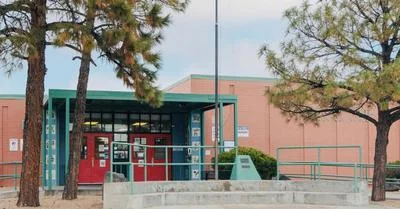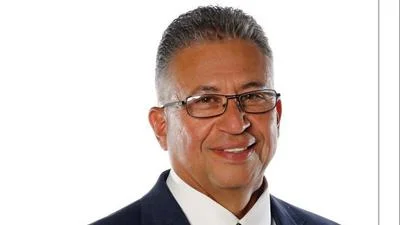The city of Albuquerque has announced that it is making progress with enhancements to the Westside Emergency Housing Center (WEHC), focusing on interior and exterior improvements to improve the living conditions of its residents. As part of this initiative, two currently unused dormitories are undergoing renovation at the WEHC, with planned upgrades for bathrooms, flooring, and lighting.
The first batch of new beds will be installed in the initial two dormitories, with renovations continuing from one dormitory to another so as not to reduce crucial bed capacity during the cold winter season. The City Council's recent approval of funding allows for exterior renovations, including plans for an outdoor pet exercise area, shade structures, seating areas, landscaping features, and raised garden beds. In addition to these improvements, the WEHC has resumed serving three meals a day for the winter season due to the near completion of a new warming kitchen. To further accommodate individuals needing shelter services, an 8 p.m. bus service has been introduced as an additional option for reaching the shelter in the evenings, according to a press release by the city of Albuquerque.
"These investments help us meet people where they are and better support them during their stay and on their journey to housing," said Homeless Innovations Officer Maria Wolfe in a press release by the city of Albuquerque. "This facility was not originally built for this purpose, so the City and County are partnering to make the WEHC a healthier place for hundreds of people who stay there every night."
According to information provided by Albuquerque Homeless Services on their webpage, in collaboration with community partners, they have launched initiatives that include street outreach for those in public spaces. The WEHC now operates as a year-round shelter, doubling its available bed capacity. The annual investment in supportive housing has increased by 44% since FY2018. Albuquerque has allocated $10 million to the Workforce Housing Trust Fund for new quality housing. A $21.4 million Emergency Rental Assistance Program (ERAP) has been implemented with the aim of preventing evictions and ensuring housing stability.









